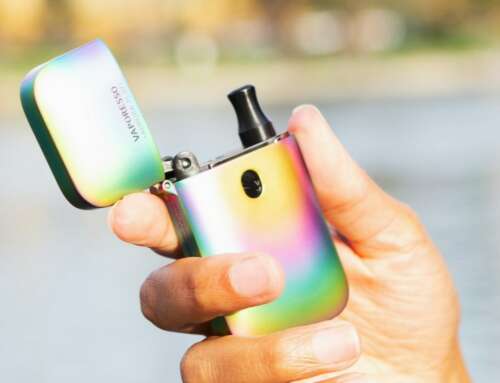
Inaction, confusion and lack of direction has led to doubts about the federal government’s commitment to introduce mandatory pregnancy health warnings for all alcohol by December next year.
The alcohol industry has written to the Australian and New Zealand ministers responsible for food and beverage regulation outlining action they have taken to introduce pregnancy warning labels and saying a mandatory system was not needed.In December last year, the ministers gave the alcohol industry two years to voluntarily implement pregnancy warning labels, after which time the government would regulate if satisfactory action had not been taken.
Since then the industry has moved to begin including two types of pregnancy warning labels developed by Drinkwise to be attached to their products.These labels include an image of a pregnant woman in silhouette with a cross through the picture or with the words: “It is Safest Not to Drink While Pregnant”.
An alcohol-industry representative said that by the end of next year the majority of alcohol containers would carry the warning labels.
FARE chief executive Michael Thorn said the Drinkwise labels being used by the industry were “wholly inadequate, weak, inconspicuous, and hidden on the back of the label”.
via Ministers being pushed on pregnancy alcohol warning labels | The Australian.







Action needs to be taken today in recognising that alcohol use during pregnancy has outstripped the damage caused by the teratogenic effects of thalidomide. Thalidomide, a prescription drug, was only on the market for 4 years from 1957 to 1961 yet it caused between 10-20,000 babies to be born with major birth defects obvious at birth. In the past 40 years Australia has ignored the evidence about alcohol’s teratogenic effects. There have been countless damaged babies born with invisible, alcohol-related, brain-based disabilities due to ignorance and denial by those who should have raised the alarm. Instead the nation has sat by while countless young people struggle with cognitive and behavioural issues reflected in poor education outcomes, early parenting, criminal offending, mental health, addiction problems and often homelessness. Why have these problems not been recognised as possibly connected with parental alcohol use during the reproductive years? With the connections repeatedly demonstated in scientific evidence, why are the alcohol producers not doing the right thing? Is it bcause doctors continue to give pregnant women mixed messages? Why would you want on your conscience, massive numbers of babies born afflicted by parents unknowingly using alcohol at this very special time? Moreover how will the alcohol manufacturers deal with the fact that they have deliberately ignored good science and some families have significant intergenerational disabilities due to their product. It is a far greater crisis than the thalidomide experience. Do we have to instigate class actions to shake them out of their revered comfort zones?
Hi Janet, in my perception we will have to follow the same course of action that was used to control the tobacco industry. On the positive side, we can apply lessons learned from that struggle to increase the effectiveness of efforts against the alcohol industry however on the negative side alcohol is more deeply embedded in our culture than tobacco was and is more economically and politically entrenched. Nevertheless i feel that class actions are inevitable. Bring it on!
Thanks Ramesh. We do need to follow the same strategy as the tobacco control lobby but it seems to be taking ages. Statistics are showing too many wasted lives. A friend who gave birth to two sons (now adults) with fetal alcohol tried to get a lawyer interested several years ago without success. Remember the case in France where the late Dr Maurice Titran and his lawyer son, Benoit Titran, successfully supported several women in their quest to get warning labels on alcohol bottles. That’s another possibility too. I am sure we will get a break through soon but oh! How time drags.
Agreed, we need to use people-power. I hope the Generation Next seminars are making some contribution towards that!